The streets of Haiti hum with the sizzle of frying oil, a sound as familiar as the chatter of vendors and the rhythmic beats of kompa music drifting through the air. At the heart of this culinary symphony is a humble yet essential ingredient: the oil used to fry the beloved Haitian patties known as akara and banann peze. These golden, crispy delights are more than just street food—they are a cultural touchstone, a testament to resilience, and a daily necessity for countless Haitians. But behind the simplicity of frying oil lies a complex story of tradition, economics, and even survival.
In Haiti, the choice of frying oil is rarely a matter of preference alone. Palm oil, with its rich, reddish hue and distinct earthy flavor, has long been the traditional choice for frying. Its deep color stains the akara, giving the black-eyed pea fritters their characteristic amber crust. For generations, palm oil was not just a cooking medium but a symbol of Haitian identity, a thread connecting the present to ancestral African roots. Yet, in recent years, this tradition has been challenged by the influx of imported oils—soybean, sunflower, and even canola—flooding local markets at competitive prices. The shift is subtle but significant, reflecting broader changes in Haiti’s food landscape.
The economics of frying oil in Haiti are as layered as the flavors it helps create. Local palm oil production, once a thriving industry, has dwindled due to deforestation, political instability, and the allure of cheaper imports. Small-scale producers, often women who painstakingly extract the oil from palm fruit, struggle to compete with multinational brands. The result is a quiet erosion of a centuries-old practice. Meanwhile, the imported oils, though more affordable, come with their own controversies. Rumors swirl about their quality—whispers of diluted or even recycled oil finding its way into unmarked bottles. For the average Haitian, whose daily income might barely cover a meal, the choice between authenticity and affordability is a constant tension.
Yet, the story of Haiti’s frying oil is also one of ingenuity. In the face of scarcity, Haitians have adapted. Some vendors mix palm oil with imported varieties to stretch their supply while preserving flavor. Others repurpose oil multiple times, a practice born not of wastefulness but necessity. In the crowded markets of Port-au-Prince, the scent of oil that has fried countless batches of plantains or malanga fritters carries a faint nostalgia, a reminder of meals shared and hardships endured. The oil, in its own way, becomes a record of the day’s labors.
Health concerns linger in the background of this oily narrative. Repeatedly heated oil, a common practice in street food stalls, can degrade into harmful compounds. Nutritionists warn of the risks, but for many Haitians, the immediate need to feed their families outweighs long-term health considerations. NGOs and local activists have attempted to introduce healthier alternatives or educate vendors about oil rotation, but progress is slow. The reality is that in a country where over half the population lives in poverty, the luxury of "healthy oil" remains out of reach for most.
The future of Haiti’s frying oil hangs in a delicate balance. On one hand, there’s a growing movement to revive local palm oil production, championed by agricultural cooperatives and cultural preservationists. On the other, the convenience and affordability of imports continue to dominate. What remains unchanged is the centrality of fried foods in Haitian life—whether it’s a morning akara with pikliz or an evening plate of banann peze, these foods are woven into the fabric of daily existence. The oil that fries them, no matter its origin, carries the weight of history, the struggle of the present, and the hope for a more sustainable future.
To taste a Haitian fried patty is to taste more than just a snack. It’s to taste the ingenuity of a people who have turned simple ingredients into sustenance, the resilience of vendors who rise before dawn to heat their oil, and the quiet tragedy of a tradition slipping away. The oil may be just a means to an end, but in Haiti, even the most mundane things tell the deepest stories.

By /May 26, 2025

By /May 26, 2025
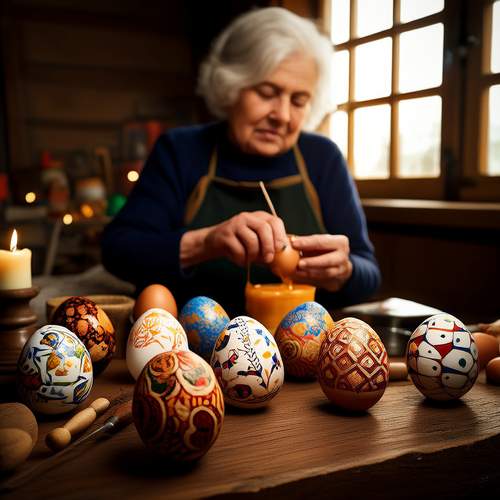
By /May 26, 2025
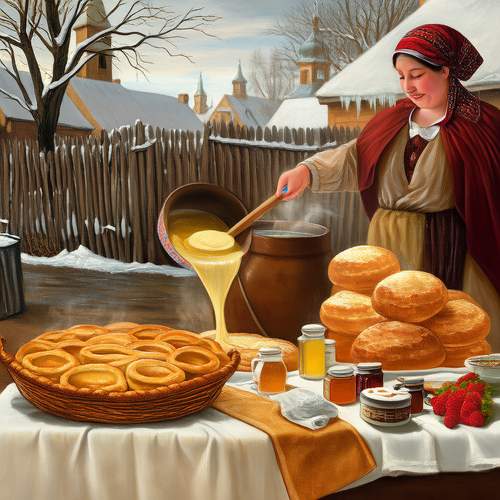
By /May 26, 2025

By /May 26, 2025
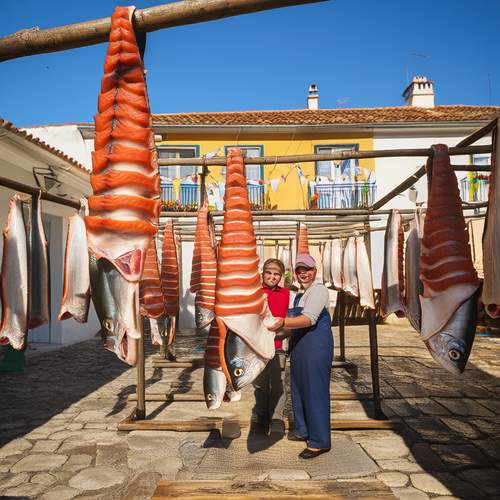
By /May 26, 2025
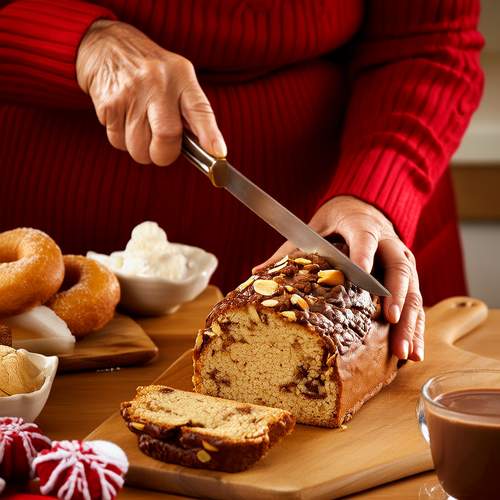
By /May 26, 2025

By /May 26, 2025
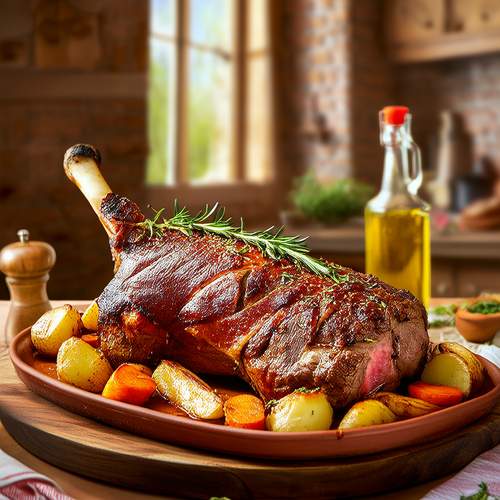
By /May 26, 2025

By /May 26, 2025
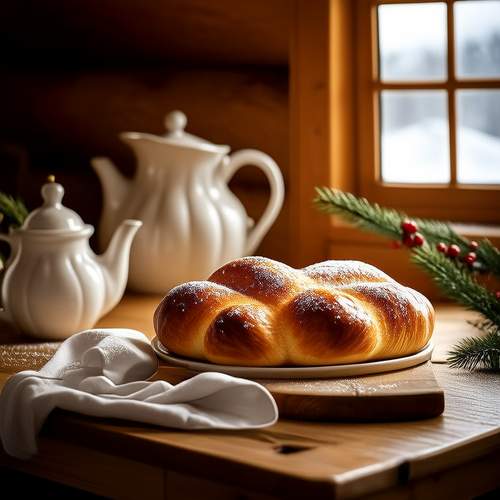
By /May 26, 2025
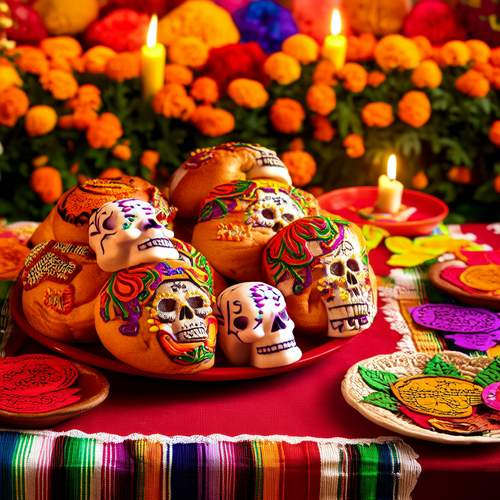
By /May 26, 2025
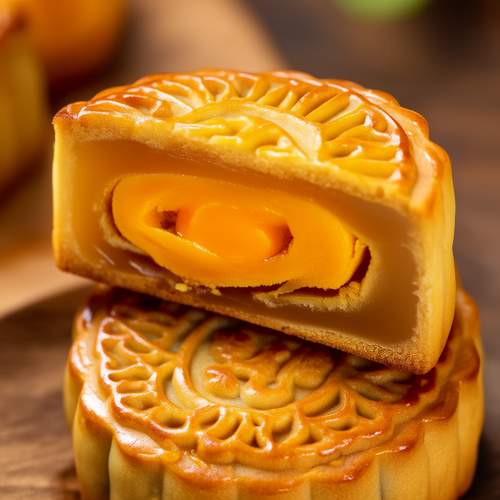
By /May 26, 2025

By /May 26, 2025
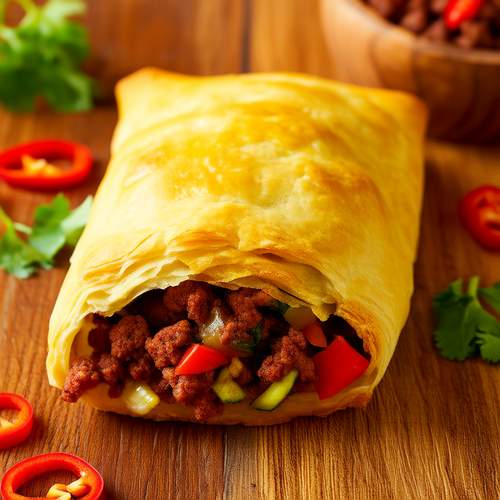
By /May 26, 2025
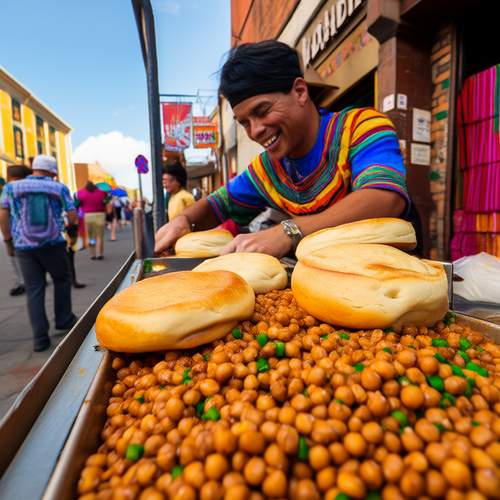
By /May 26, 2025
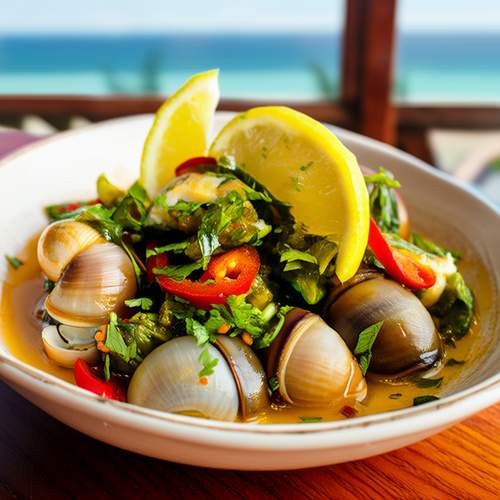
By /May 26, 2025
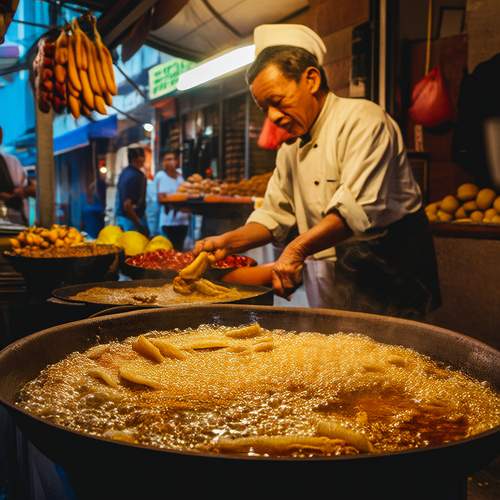
By /May 26, 2025
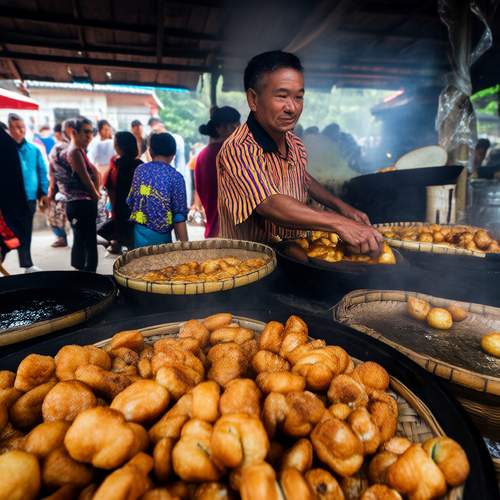
By /May 26, 2025
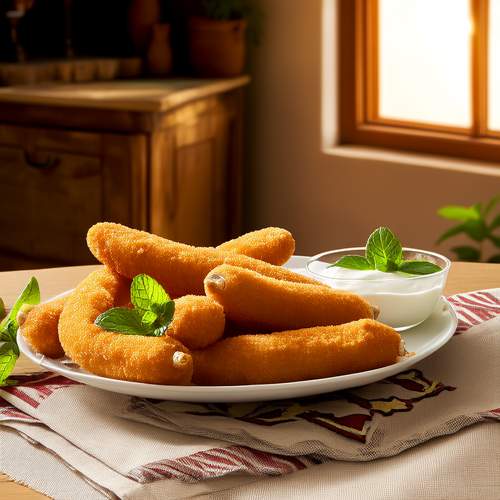
By /May 26, 2025